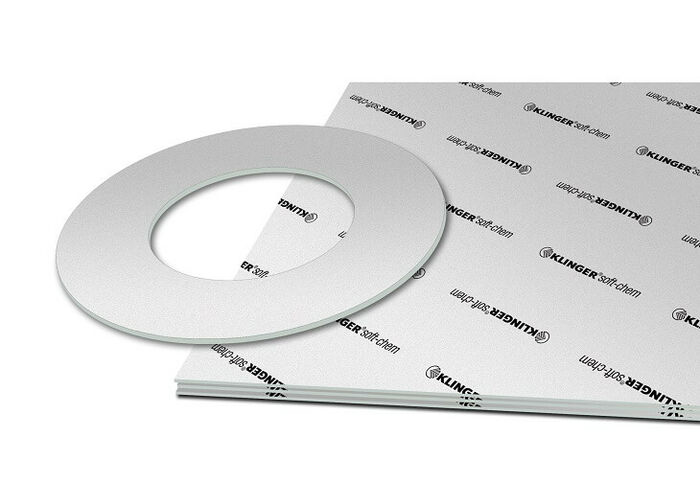Material Hub > Materialien
Materialien
-
Kategorie ThermoplasteEinsatztemperatur -50 – 100 °CDichte 1.41 g/cm³
-
Kategorie ThermoplasteEinsatztemperatur -50 – 100 °CDichte 1.41 g/cm³
-
Kategorie ThermoplasteEinsatztemperatur –Dichte 0.9 g/cm³
-
Kategorie ThermoplasteEinsatztemperatur -60 – 250 °CDichte 1.31 g/cm³
-
Kategorie ThermoplasteEinsatztemperatur < 260 °CDichte 1.31 g/cm³
-
Kategorie ThermoplasteEinsatztemperatur -50 – 100 °CDichte 1.41 g/cm³
-
Kategorie ElastomereEinsatztemperatur -55 – 150 °CDichte 1.09 – 1.15 g/cm³
-
Kategorie ElastomereEinsatztemperatur -25 – 200 °CDichte 1.9 g/cm³
-
Kategorie ElastomereEinsatztemperatur -15 – 200 °CDichte 1.96 – 2 g/cm³
-
Kategorie ElastomereEinsatztemperatur -20 – 200 °CDichte 1.89 – 1.95 g/cm³
-
Kategorie ElastomereEinsatztemperatur -60 – 200 °CDichte 1.15 – 1.19 g/cm³
-
Kategorie ElastomereEinsatztemperatur -55 – 200 °CDichte 1.35 g/cm³
-
Rhenolease® PC 11636CP (Verschleißschutzschicht mit einer Härte von bis zu 1100 HV 0,3 und Polysiloxan)
Rhenotherm Kunststoffbeschichtungs GmbH
Kategorie KunststoffbeschichtungEinsatztemperatur -40 – 200 °CDichte – -
Rhenolease® PC 915 (Verschleißschutzschicht und Polysiloxan)
Rhenotherm Kunststoffbeschichtungs GmbH
Kategorie KunststoffbeschichtungEinsatztemperatur -40 – 200 °CDichte – -
Rhenolease® PC Dragon Elite I (Verschleißschutzschicht und Polysiloxan)
Rhenotherm Kunststoffbeschichtungs GmbH
Kategorie KunststoffbeschichtungEinsatztemperatur -40 – 200 °CDichte – -
Kategorie KunststoffbeschichtungEinsatztemperatur -40 – 200 °CDichte –
-
Kategorie KunststoffbeschichtungEinsatztemperatur -40 – 200 °CDichte –
-
Kategorie ThermoplasteEinsatztemperatur -210 – 260 °CDichte 1.5 g/cm³
-
Kategorie ThermoplasteEinsatztemperatur -210 – 260 °CDichte 2.9 g/cm³
-
Kategorie ThermoplasteEinsatztemperatur -210 – 260 °CDichte 2.1 g/cm³




